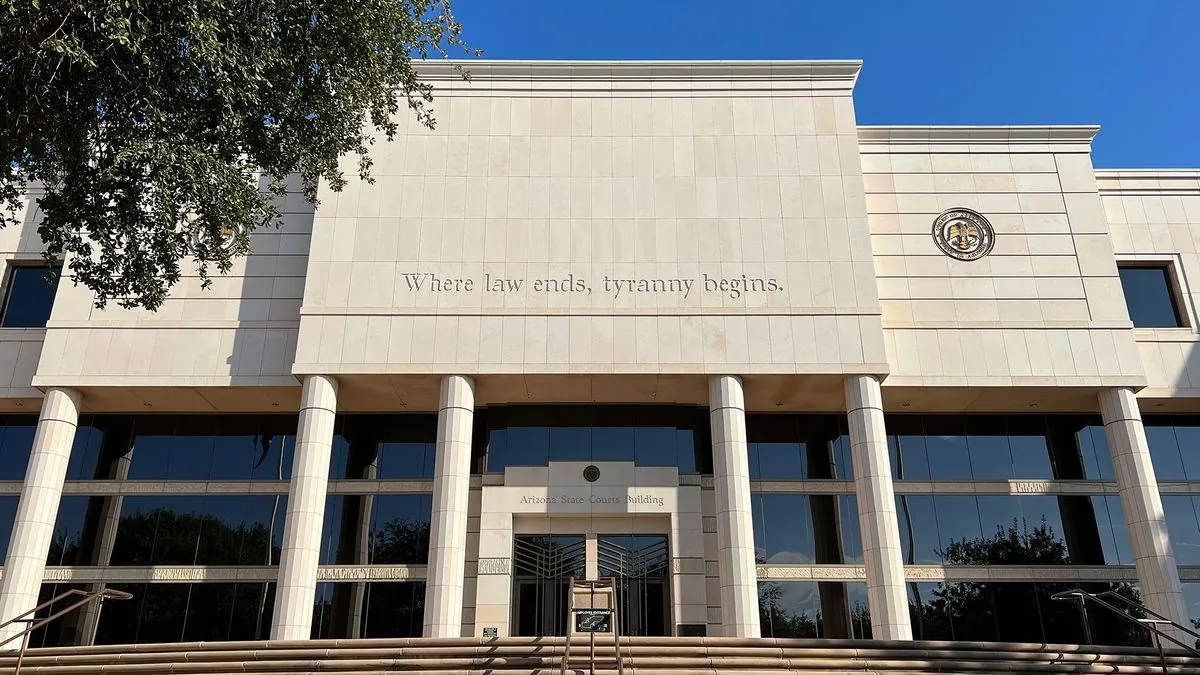Arizona's groundbreaking program permitting non-lawyers to co-own law firms has reached a significant milestone, with more than 100 approved businesses now operating under this innovative model. This development comes as other states contemplate similar modifications to their legal practice regulations.
On September 25, 2024, the Arizona Supreme Court granted approval to seven additional applicants to function as "alternative business structures" under the state's revised law firm ownership rules. Among the newly approved entities are an accident law firm and a subsidiary of Rocket Lawyer, an online legal services provider.
Arizona pioneered this approach in 2020, becoming the first U.S. state to eliminate restrictions on non-lawyer ownership of law firms. The program allows lawyers and non-lawyers to jointly own businesses offering legal services, subject to approval by the Arizona Supreme Court. Since its inception, the initiative has attracted a diverse range of participants, including national legal service providers and specialized law firms.
Proponents of such programs argue that relaxing ownership barriers can lead to more affordable legal advice, foster innovation, and expand access to justice. They contend that allowing entrepreneurs and non-lawyers to invest in legal service provision can introduce fresh perspectives and business models to the legal industry.
However, critics express concerns that these changes might result in ethical breaches if service providers are not fully bound by the professional rules that licensed attorneys must adhere to. This debate highlights the tension between innovation and maintaining traditional professional standards in the legal field.
Several prominent companies have embraced Arizona's program since 2021. LegalZoom, a pioneer in online legal services founded in 2001, and Elevate, established in 2011 to provide alternative legal solutions, have both obtained licenses. Axiom, a flexible legal talent company founded in 2000, has also joined the program, demonstrating the diverse range of businesses interested in this new model.
Utah, known as the "Beehive State," implemented a similar pilot program in 2020, authorizing businesses to experiment with non-traditional models for providing legal services under modified rules and oversight. As of June 2024, Utah reported 43 authorized or provisionally authorized entities participating in their initiative.
Other states are exploring comparable changes, with varying degrees of success. Washington State, nicknamed "The Evergreen State," recently sought public input on a proposed pilot initiative, receiving mixed reactions. Meanwhile, efforts in California and Florida, two of the most populous states in the U.S., have encountered significant resistance from legal professionals and other stakeholders in recent years.
Rocket Lawyer, a San Francisco-based company founded in 2008 by Charley Moore, is among the latest entities to receive approval in Arizona. The company, which offers digital document signing, business incorporation, and tax filing tools, plans to leverage this opportunity to employ lawyers and paraprofessionals directly. Their goal is to provide more efficient access to affordable legal services in areas such as landlord-tenant issues, contracts, and family law.
In preparation for this expansion, Rocket Lawyer hired Jack Rives, former Executive Director of the American Bar Association, to lead their new professional services division in 2023. This strategic move underscores the company's commitment to navigating the evolving landscape of legal service provision.
As the legal industry continues to adapt to changing market demands and technological advancements, programs like Arizona's are likely to remain at the forefront of discussions about the future of legal practice. The success or failure of these initiatives could significantly influence the direction of legal service delivery across the United States in the coming years.
